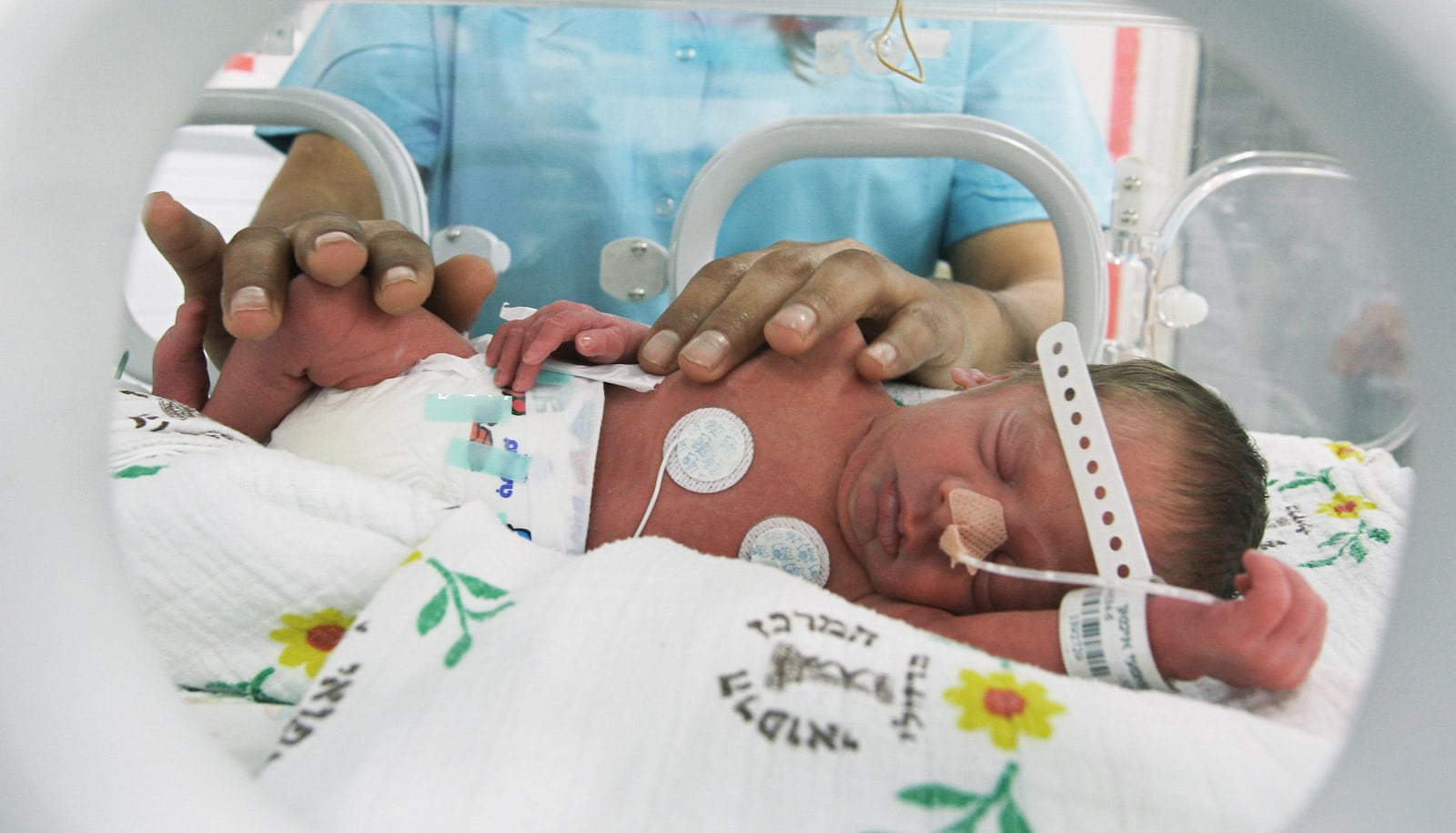Women who live in war zones or areas of armed conflict are at heightened risk of giving birth to low birth weight babies, report researchers.
“People living in war zones are under constant threat of attack, which has a detrimental effect on their mental and physical health,” says James Kearsley of the University of Warwick. “Their food and water supplies are often disrupted, and healthcare provision restricted, all of which can take a toll on the health of expectant mothers.”
Researchers looked for studies on the impact of war on pregnancy and found 13 relevant studies, dating back to 1990. These involved more than one million women from 12 countries that had experienced armed conflict, including Bosnia, Israel, Libya, and Iraq.
While the findings point to a heightened risk of giving birth to underweight babies, the effect on rates of miscarriage, stillbirth, premature birth, and birth defects is less clear.
The researchers point to some caveats. All nine of the studies which looked at the potential impact of war on birth weight had some design flaws. And five failed to account for potentially influential factors, or provided only limited data on exposure to conflict, although this may reflect the difficulties of collecting data in war-torn areas.
Further, none of the studies defined the meaning of war or armed conflict, making it hard to differentiate between the short and long term impact of various aspects of warfare.
Nevertheless, the most convincing evidence suggests that rates of low birth weight rise among women living in war zones or areas of conflict. And this matters, Kearsley says.
“The long term health implications of low birth weight are significant, because individuals are at increased risk of [ill health] and [death], and will require increased medical care throughout their lives.”
In war zones, stress changes babies before they’re born
In light of the findings, researchers say healthcare professionals should monitor pregnant women living in war zones more carefully, although they acknowledge the difficulty in doing so.
“This will only be possible if warring parties are committed to following the Geneva Convention, refrain from attacking healthcare facilities and workers, and are adequately resourced.
“Until this happens, women and their infants will be at continued risk of adverse outcomes in pregnancy. It is just as important for clinicians in countries not affected by armed conflict to carefully monitor pregnant women who have been displaced by war.”
The findings appear in BMJ Global Health.
Source: University of Warwick



